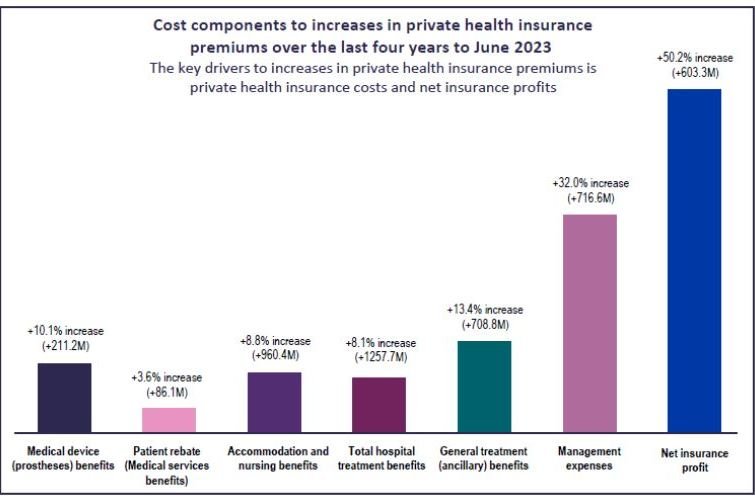Young people have been struggling to find employment in their desired occupation, even before the COVID-19 pandemic, and this could have a long-term effect on their career, according to a report released today by the Productivity Commission.
‘We have seen substantial increases in university graduates in Australia over the last ten years or so. Unfortunately, for many graduates that has just meant more competition to enter their chosen profession,’ Commissioner Catherine de Fontenay said.
The Productivity Commission working paper Climbing the jobs ladder slower: Young people in a weak labour market explores the consequences for young people of a weak job market and large increases in the number of university graduates since 2010.
The report found that after 2008, young people’s job prospects and the growth in their salaries were worse than those of workers aged 35 and over, and compared to young people prior to 2008.
While the Global Financial Crisis (GFC) affected Australia less than other countries, its after effects combined with the slowing of the mining boom led to a decade of relatively weak labour demand from 2008.
The weak labour market in this period was not characterised by the high unemployment that characterised the 1991 recession. Instead, there was increased part time employment, lower starting wages for young people and constrained choice in occupations despite increased education.
The Productivity Commission looked at the types of jobs that young people found after graduating from university or vocational education and training, from 2001 to 2018. Since 2008, a larger share of graduates found jobs that are lower on the jobs ladder, as measured by a scoring of occupations developed at the Australian National University. This in turn has affected their career progression.
For the graduates who found employment lower down the ladder, it was difficult to recover. Their share increased after 2008, and their prospects of moving to better jobs did not improve.
While young people’s career prospects might have recovered once the labour market improved, such improvement is now unlikely for some time, given the COVID-19 crisis.
Many young workers could face long term consequences in the form of occupations lower on the jobs ladder and lower salaries than they might have expected in the early part of the century.
This report is part of the Productivity Commission’s research on income distribution. It follows from the Commission’s report entitled Rising inequality? A stocktake of the evidence and precedes a report investigating slow growth in the incomes of young people since 2008, that is due to be released at the end of the month.







